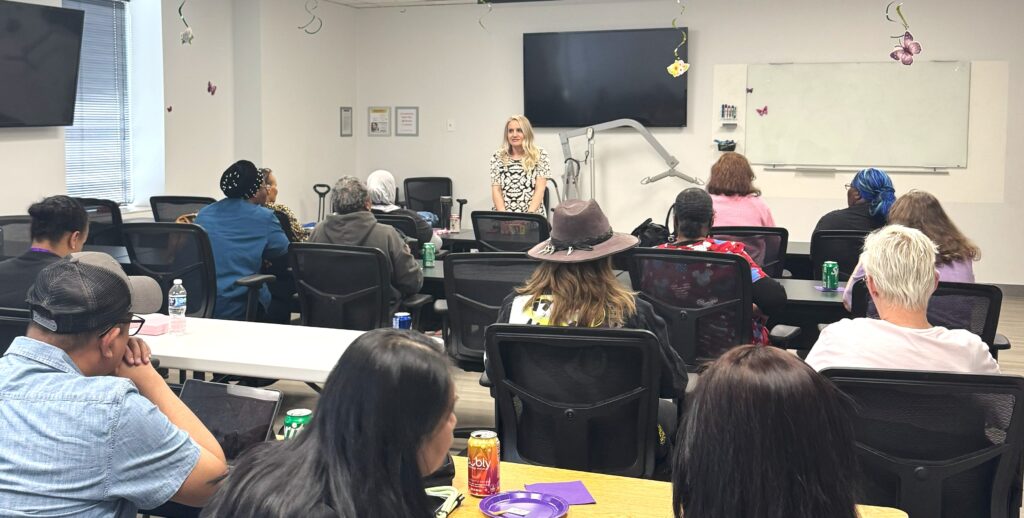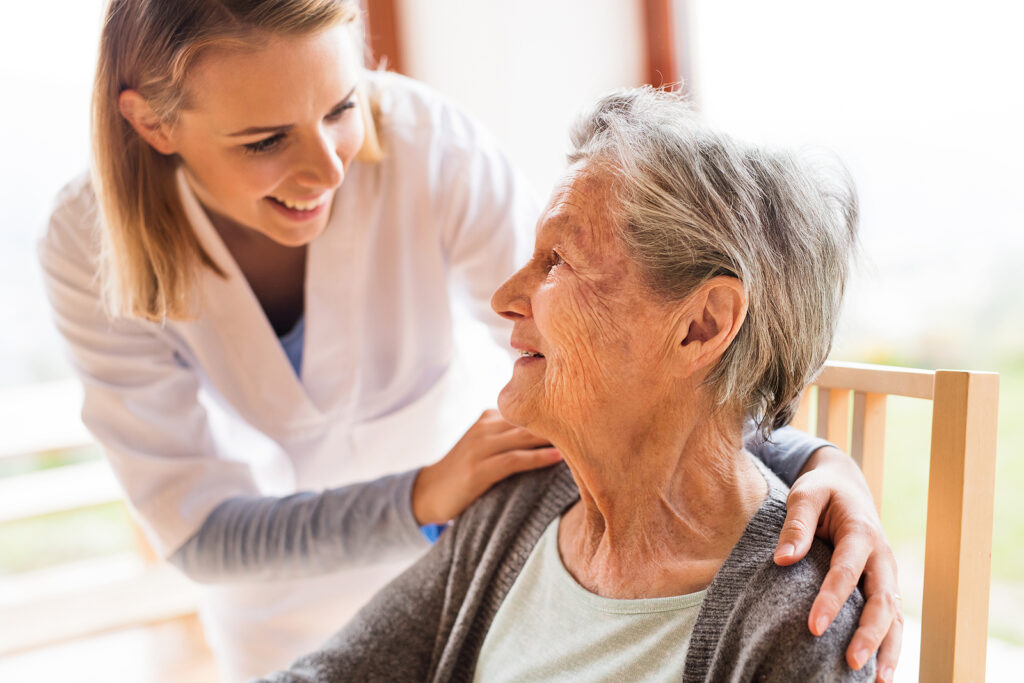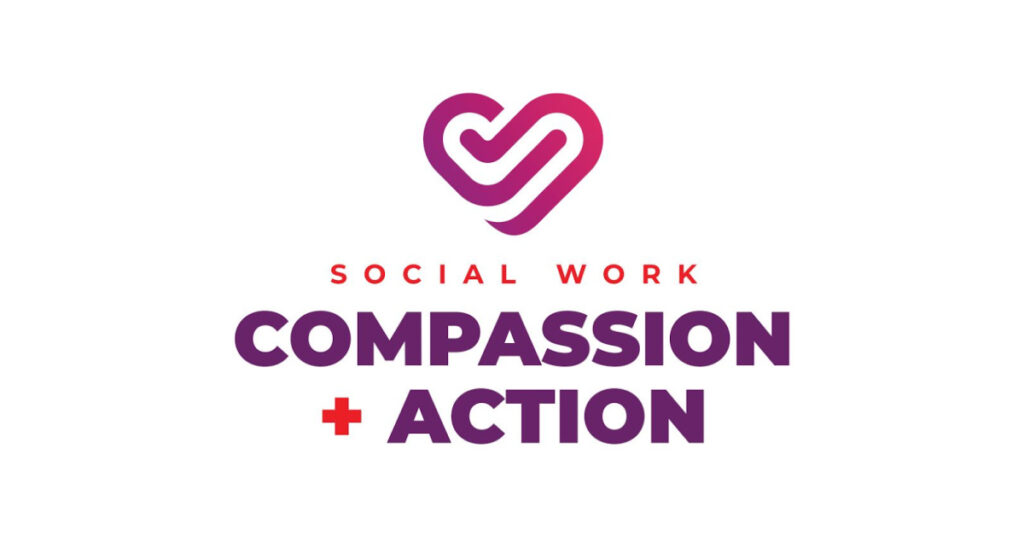Protect Your Loved Ones – Preventing Elder Abuse & Financial Exploitation
Sadly, abusers are often the people elders trust the most, including spouses, family members, personal acquaintances, professionals in positions of trust, or opportunistic strangers who prey on the vulnerable. So how do we help our aging loved ones prevent elder abuse and neglect? By understanding the types and signs of abuse and reporting suspected cases of abuse immediately.
Types of Elder Abuse & Warning Signs
You may suspect that an elderly person you know is being harmed physically or emotionally by a neglectful or overwhelmed caregiver or being preyed upon financially. By learning the signs and symptoms of elder abuse and how to act on behalf of an elderly person who is being abused, you’ll not only be helping someone else but strengthening your own defenses against elder abuse in the future. Here are the five (5) types of elder abuse and warning signs:
Physical abuse ‐ Use of force to threaten or physically injure a vulnerable elder.
Warning Signs ‐ Slap marks, unexplained bruises, most pressure marks, and certain types of burns or blisters, such as cigarette burns
Emotional abuse ‐ Verbal attacks, threats, rejection, isolation, or belittling acts that cause or could cause mental anguish, pain, or distress to a senior.
Warning Signs ‐ Withdrawal from normal activities, unexplained changes in alertness, or other unusual behavioral changes
Sexual abuse ‐ Sexual contact that is forced, tricked, threatened, or otherwise coerced upon a vulnerable elder, including anyone who is unable to grant consent.
Warning Signs ‐ Bruises around the breasts or genital area and unexplained sexually transmitted diseases.
Financial Abuse/Exploitation ‐ Theft, fraud, misuse or neglect of authority, and use of undue influence as a lever to gain control over an older person’s money or property.
Warning Signs ‐ Sudden change in finances and accounts, altered wills and trusts, unusual bank withdrawals, checks written as “loans” or “gifts,” and loss of property
Neglect and Abandonment ‐ A caregiver’s failure or refusal to provide for a vulnerable elder’s safety, physical, or emotional needs or desertion of a frail or vulnerable elder by anyone with a duty of care.
Warning Signs ‐ Pressure ulcers, filth, lack of medical care, malnutrition or dehydration
What Should You Do if You Suspect Elder Abuse?
Report Your Concerns!
Whether you witness abuse, recognized warning signs, or suspect a loved one may have been subject to abuse, you should report the situation to your state immediately. Remember, you do not need to prove that abuse is occurring, it is up to the professionals to investigate suspicions. Most cases of elder abuse go undetected so you do not want to assume that someone has already reported a suspicious situation.
If you suspect elder abuse, neglect, or exploitation, telephone the Eldercare Locator at 1-800-677-1116. For your state reporting numbers and departments, click here: http://www.ncea.aoa.gov/ncearoot/Main_Site/Find_Help/State_Resources.aspx#state
As our senior population continues to grow one thing is for certain: elder abuse can happen to any older adult including your neighbor, your loved one, or even to you.
Additional information and resources can be found through the National Center on Elder Abuse: http://www.ncea.aoa.gov/ncearoot/Main_Site/index.aspx
You may also like:
How Companion Care at Home Brings Comfort During National Osteoporosis Awareness Month
Companion Care at Home in Centennial CO: Companion care at home helps seniors with osteoporosis stay active and safe.
Elevating Care: The Impact of Ongoing Training at Touching Hearts at Home
At Touching Hearts at Home, we understand that caregiving is both an art and a science, requiring continuous learning and…
6 Signs Your Senior May Need Home Care Assistance
Home Care Assistance in Castle Pines CO: Here are six signs that your senior loved one may be struggling to…
Overcoming Mobility Challenges with Parkinson’s Disease
In-Home Parkinson's Care in Centennial CO: In-home Parkinson's care helps seniors manage mobility challenges and maintain independence.
Preparing for the Future with Advanced Directives
Planning for the future can bring peace of mind to seniors and their families. One way to ensure that personal…
What is the Difference Between Home Care and Home Health Care?
When seeking in-home support for a loved one, it’s crucial to understand the distinction between home care and home health…
Honoring Social Workers in Denver
March is Social Work Month! This year’s theme, “Social Work: Compassion + Action,” highlights the incredible impact social workers have…
Save Your Vision Month: Recognizing the Signs of Vision Loss in Seniors
Vision changes are a natural part of aging, but some seniors experience more serious vision reduction or even complete vision…










